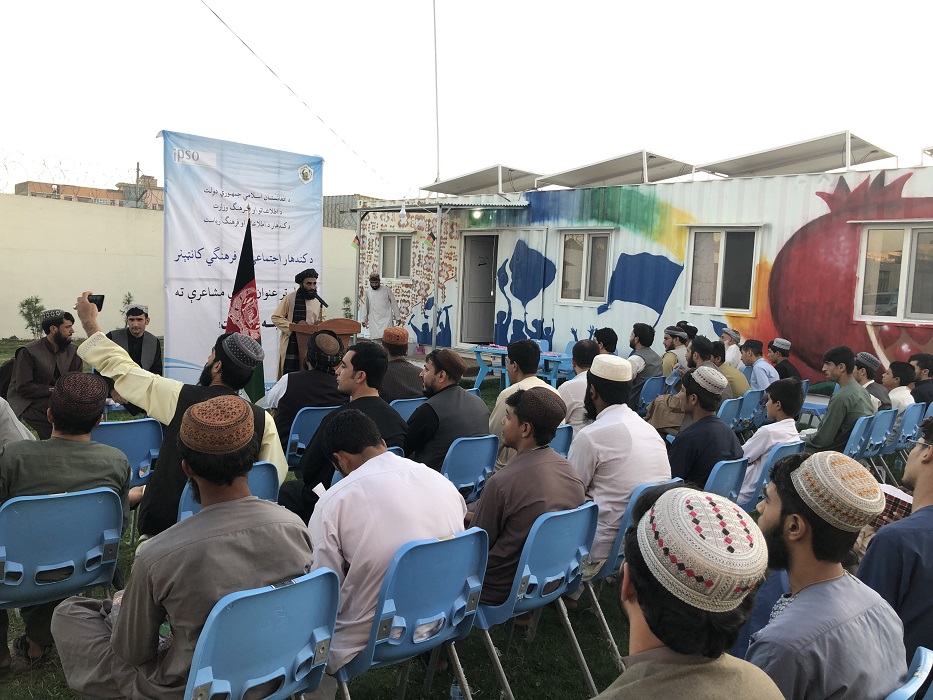Although the majority of the population of Kandahar belongs to the Sunni faith and identifies as Pashtun, there is also a significant number of Shia communities, most of whom live in or near the provincial capital city. These communities comprise various ethnic groups including the Qizilbash, Teimurian, Arab, Hazara and Baluch and are referred to as ‘Farsiwan‘ as they speak Persian as a first language in a context where Pashto is most commonly spoken.
Jafar, 28, is ‘farsiwan’ resident of Kandahar and a civil society activist who believes that “the relationship between our community and Pashtuns is unique for Afghanistan as we share a common history and have long lived in harmony. Elsewhere in the country different communities have only recently interacted, especially in big cities such as Kabul and Herat, but in Kandahar both Pashtuns and Farsiwan played a role in the formation of modern Afghanistan during the time of Ahmad Shah Baba.”
Ahmad believes that this history of coexistence in Kandahar demonstrates the importance of long-term engagement to achieve a multi-ethnic, tolerant society that cannot be achieved overnight. “Our history shows how Farsiwan communities have contributed to Kandahar’s culture and society and vice versa. For instance, Ibrahim Jan Khakhozh Kandahari is a revered Farsiwan figure from Kandahar who during the 1970’s and 80’s made a significant contribution to Pashto literature, writing books, articles and poems that are still widely read today. Also, Ahmad Shah Baba was a Pashtun who also wrote poetry in Persian.”
Ahmad adds: “Often, what encourages people to discriminate against each other is the myth of originality and superiority, by laying claim to be the original citizens of this land. Instead it is important to acknowledge that all communities contributed to and made sacrifices for our country and therefore deserve to equally enjoy it.”
Shabnam, a 24-year-old Pashtun from Kandahar claims that, in contrast to inter-ethnic rivalries between politicians, ordinary Afghans are in fact quite tolerant towards one another at the community level. “If you want to find a true sense of community, look at the lives of ordinary people, who tend to get along with each other in their daily lives. Despite what some political ‘leaders’ claim, we are not always at each other’s throats because of differences between our communities. We have lived happily with our Farsiwan neighbours and friends for generations, and are not enemies.”
While Ahmad acknowledges tensions between their communities at times, he adds: “Of course people have differences in their daily lives, where they face many challenges and pressures. I myself have experienced this and get irritated when Shias are referred to as ‘Hazaras’ or when people make ethnic jokes or make an issue out of the use of a certain language. We need to be patient in such circumstances, not matter how offensive it feels, and not react in a way that escalates such differences.”












